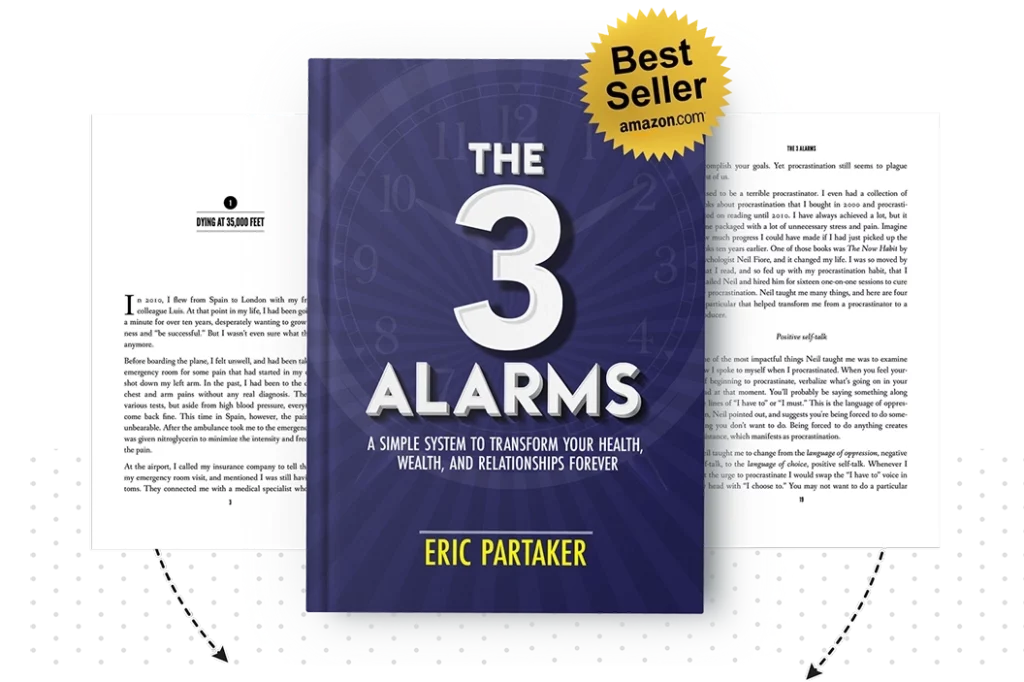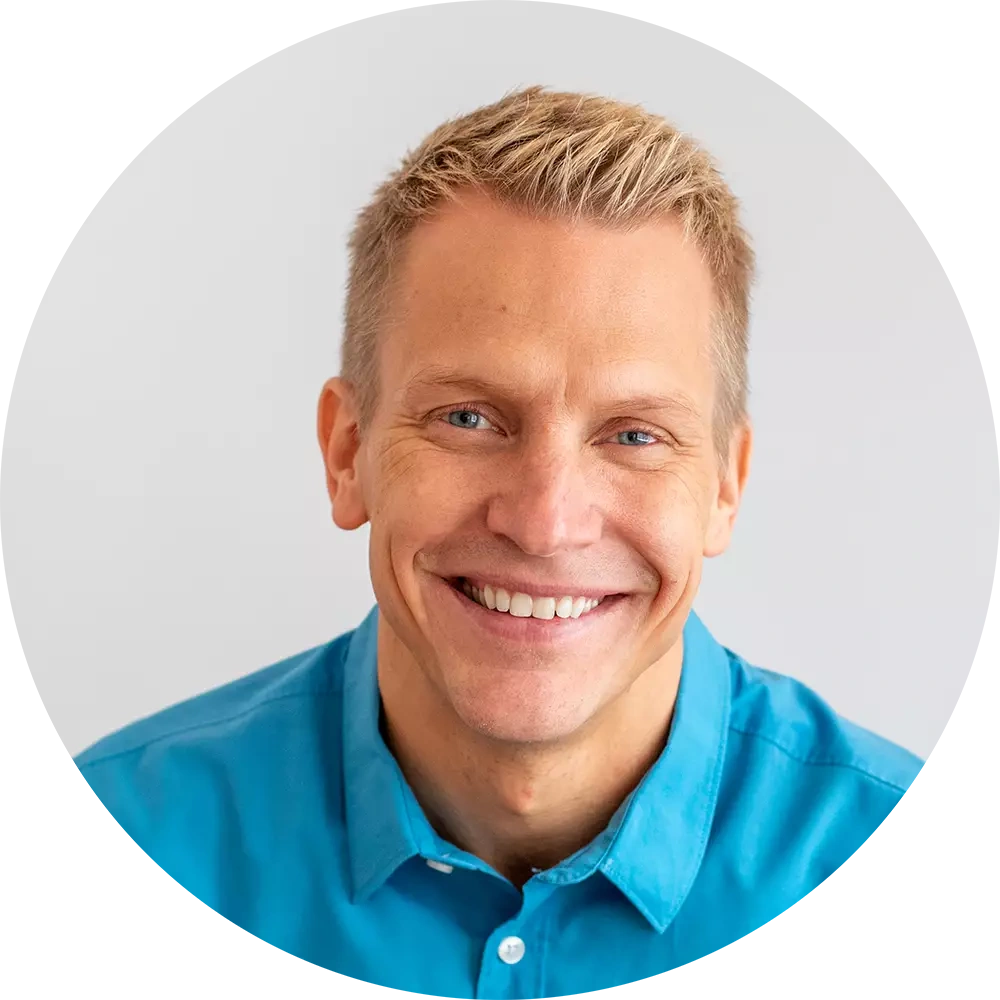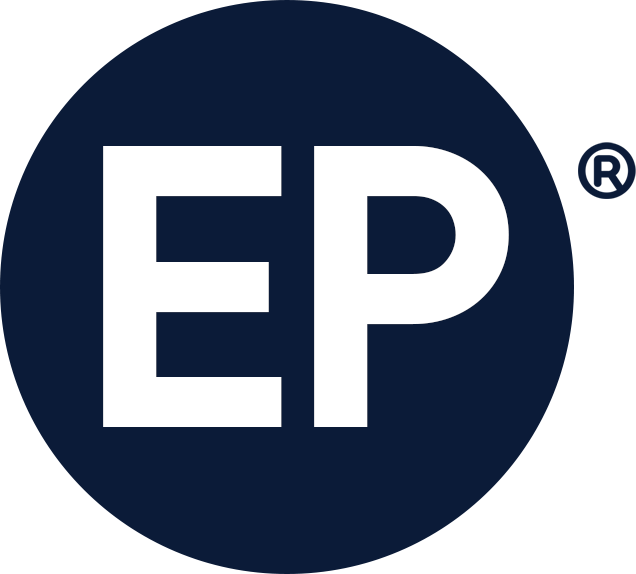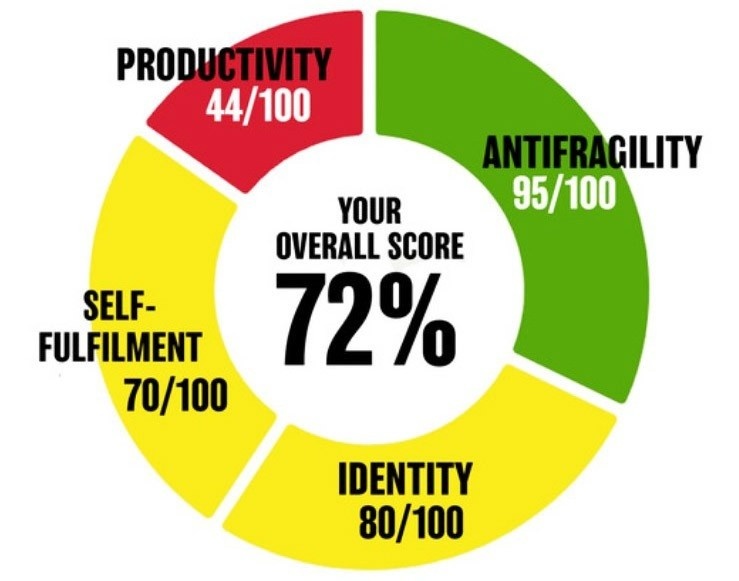Jim Rohn 10 Things You Must Improve Daily (Best Motivation) // In this video, entrepreneur, author and icon, Jim Rohn, shares the personal development and self improvement habits of successful people. If you practice and improve these things daily then you can improve your life and work to become your best self. Jim Rohn’s healthy habits and lessons are presented by peak performance expert and coach Eric Partaker, to give you the tools and inspiration to develop a strong mind and reach your full potential.
KEY POINTS
Direction Is More Important Than Speed! – A clear vision gives your understanding in what direction you are heading. It keeps you moving forward, and helps you not only conquer the peaks but also get through the tough times.
Say Goodbye To Your Inner Critic – If you think you can, or you think you can’t, you’re right. It’s up to you to decide whether or not you are going to believe in yourself.
Check In With Your Passion – Are you doing something that you truly love? If the answer is no, how can you bring more passion into what it is that you’re doing?
Proper Preparation Prevents Poor Performance – Ensure you are working towards what is meaningful to you. Every quarter, every week and every day decide on the top three goals you want to be working towards. Don’t forget to regularly check you are on track!
Who are you at your best? – What does that version of you look like? Check in with that on a daily basis, remind yourself how that person would behave.
Success Starts With Self Discipline – In order to reach your full potential and perform at your best self a payment is required. You can either pay through the pain of discipline or the pain of regret. Nothing comes for free. Regret is always more costly that the pain of discipline.
TRANSCRIPT
Eric Partaker: Hey, everyone. Today, I’m going to take you through 10 things from the late Jim Rohn that you can use on a daily basis to help you become the best version of yourself. Jim used these things all the time, and he was so relentlessly determined. And that determination helped him help millions as an entrepreneur, author, and as a personal development icon.
(silence)
Hi, my name is Eric Partaker, and I’ve been recognized as one of the top entrepreneurs in the country, and I’m also the author of two best-selling books, including The Three Alarms. So, number one, you have to have a clear vision for what it is that you want to achieve. Having that clear why, knowing where you’re going is incredibly helpful. It gives you a sense of direction. It helps you in the tough times when you don’t feel like putting any more effort in, and you just want to kick back and not do anything, and perhaps even get a little bit lazy. Having that vision, that understanding of where you’re going keeps you moving forward, helps you get not just through the peaks, that’s easy to get through those moments, but it helps you also get through those troughs, when you don’t feel like moving forward at all.
And I’ll give you a quick example with myself. So, I’m on a mission right now to help more of the world’s population break free from the estimated 98% of people who aren’t operating at their full potential, to gain entry into that estimated 2% of people who are operating at their full potential. For me, that is, has to be the biggest problem in the world. If we could get more people operating to their fullest capabilities, I reckon that we could solve more of the world’s problems. So, having that mission helps me keep going, even on the days when I don’t feel like doing any work or pressing on, I tie back into that mission. I tie back into that why, and it gives me that sense that, that sense to keep pushing on, that extra courage and desire to go, even if I don’t feel like doing it in that particular day.
Number two, you have to constantly foster self-belief. Henry Ford, who invented the Model T Ford, the first mass produced car, he has a great quote. He says, “If you think you can, or you think you can’t, you’re right.” And his point being that it’s up to you to decide whether or not you were going to believe in yourself. You can’t allow others to give you that self belief. As the word says, self-belief, it must come from within. But the most powerful realization in the department of self-belief that you can come to is the realization that it’s just ultimately up to you to decide whether you believe you can, or you can’t do something. And to say that you can, to believe that you can, doesn’t automatically mean that it’s going to happen. But to believe that you can also implies that you’ll take the necessary actions to foster that self belief, to fortify that self-belief, and to give you the confidence to pursue whatever it is that you’re trying to do.
Henry Ford had incredible self-belief. Nobody was asking him to create a mass produced automobile. In fact, Henry said, “If I had asked people what they wanted, they would’ve told me a faster horse.” So, obviously he had that self belief and it was that self-belief, which gave him the drive to push on and create what became an absolute icon in society, and is the primary way that we get around these days with automobiles. Number three, on a daily basis, you have to be checking in with your passion. Are you doing something that you truly love? And if you’re not doing something that you truly love, well, how can you bring more passion into what it is that you’re doing? Or what can you do to break free from that and to pursue something that you are more passionate about. Now, it’s not just passion though, that helps you in the end.
You need passion plus expertise. And that’s the next thing. So, expertise is number four on Jim Rohn’s list, and it’s something that, once again, you should be building on a daily basis. When you can combine passion, something that you love doing, together with expertise, you create an absolute fire. That’s your hotspot, and that’s your opportunity to give more of yourself to the world, and in a way that will probably lead to the most lucrative, maybe employment or career opportunity you’ve ever had. That combination of passion and expertise is absolutely on fire. It’s incredible, and there’s multiple ways in which you can build your expertise. Obviously, you need to make sure that it’s scheduled in your calendar, your learning time, your development time, but you can be building your expertise by learning from others. You could be thinking about what books that could you be reading. You could be thinking about what courses that you could be taking.
You could be thinking about things that you’ve learned in the past that are maybe worth bringing back to the present, maybe cracking back open some books or some study materials that you’ve used in the past that are maybe now even more relevant today. Number five on Jim Rohn’s list is preparation. So, we need to constantly prepare in order to have that chance to become the best version of ourselves. And I like to think of preparation in three different domains. Of course, you could think of it differently, but this is just my personal preference. So, I like to think on a quarterly basis, every 90 days, what are my top goals? What are my top goals health-wise? What are my top goals wealth wise, or work-wise? What are my top goals with my relationships or on the home front? And make sure that I’m working towards things that are meaningful to me, and that are also consistent with me at my best.
Not me right now, for example, here in this moment, but me at my best health wise, the best version of me on that front, what goals would he set? Me at my best work-wise, what goals would he set, and similarly on the home front? And I do that on a quarterly basis. And then on a weekly basis, I’m choosing my top three things that I want to do every single week, and making sure I drop those into the week at the right times a day. And then last but not least, on a daily basis, I check back in with those weekly goals and make sure that I’m on track. Do I need to make any adjustments? What are the top three things that I need to be doing the next day?
And then I also schedule those into my calendar as well. So, as you can see here, my approach to preparation is to one, know where it is that we’re going, and that’s with our quarterly goals. And then two, know that I’m scheduling into my calendar the right amount of work on the right things, such that by the quarter’s end, I will achieve the goals that I’ve set for myself. Next up on Jim Rohn’s list is self-reliance. You need to be able to count on yourself, and there’s a couple of ways in which I help make this easier for myself. So, one of the ways I do that is by making sure that I measure all the things that are important to me. So, what gets measured gets done. And I don’t mean that you need to measure absolutely everything, just the most important things, especially new things that you’re trying to install in your life, or perhaps things that you want to make a little bit more consistent.
So, for example, if you’re trying to develop on the health front and get into better shape, you might want to measure the number of minutes or the number of times that you go to the gym. And then similarly, if you’re trying to write a book, well, maybe measure the amount of minutes or the number of pages that you write per day. So, doing things like that, incorporating measurement into the things that are most important to you is a simple way in which you can develop self-reliance, and that ability to hold yourself accountable. Next up is personal image. You need to be able to see in your mind’s eye, who are you at your best? What does that version of you look like? How does that version of you behave? And checking in with that on a daily basis, thinking of yourself on multiple dimensions in life, health, again, work, relationships. You at your best in each of those domains, what does that version of you look like? How does that version of you behave?
And then as you go through the course of your day, just checking back in lightly with that and asking yourself, “Is my behavior congruent or not with me at my best, with the personal image that I hope to both have and project to the world?” Next up is developing our character. Your character is, think of it as your cornerstone, what people will ultimately judge you on. Are you a good person? Are you a reliable person, or are you a mean person and somebody that can’t be depended upon? And one of the fantastic ways to also build your character is to recognize that character development, or fortification, or building, can also happen in the moment. There’s many things that happen to us in the course of the day that maybe we don’t agree with, or that trigger us, or the anger us, and those are all moments to build your character.
Before you just jump in into a suboptimal response pattern, or act emotionally, or have an outburst towards things that don’t go your way, what you can do to help develop your character is to simply pause and create a little bit of space between whatever that is that’s triggering you, and give yourself the opportunity to pick what would be the optimal way to respond to the situation right now. You can even tie that back to your personal image. How would me at my best within this domain respond to whatever it is triggering you at the moment? And then we come to discipline. If we want to become our best selves, we need to remember that there’s a payment required, no matter what. And you can either pay through the pain of discipline, nothing comes for free.
So, you can pay through the pain of discipline, or the pain of regret. The pain of regret, of course, comes later when you haven’t put the discipline in for whatever it is that you’re trying to do. And that pain of regret is always more costly than that pain of discipline, so choose your pain wisely. Discipline is a fantastic thing. It does have a cost. It can feel painful at times, but if you can get into the habit of respecting that that pain of discipline costs far less than the pain of regret, it will serve you wisely. And last but not least, we have performance excellence. So, preparation is all well and good, but preparation is nothing without proper execution. And one of the things that I’m constantly doing when I’m trying to improve in whatever it is that I’m executing is thinking back through all the things that I’ve done well, and all that I haven’t, and asking myself, “Well, how can I improve just a little bit next time so that I’m constantly getting better, and better, and better at all the things that are important to me.
And I’d love to hear from you, so don’t forget to leave a comment and a rating as well. And if you’d like to get a copy of my new book, The Three Alarms, please head over to my website at ericpartaker.com. That’s E-R-I-C, ericpartaker.com, where you could pick up a free digital copy of my new best-selling book, The Three Alarms.




